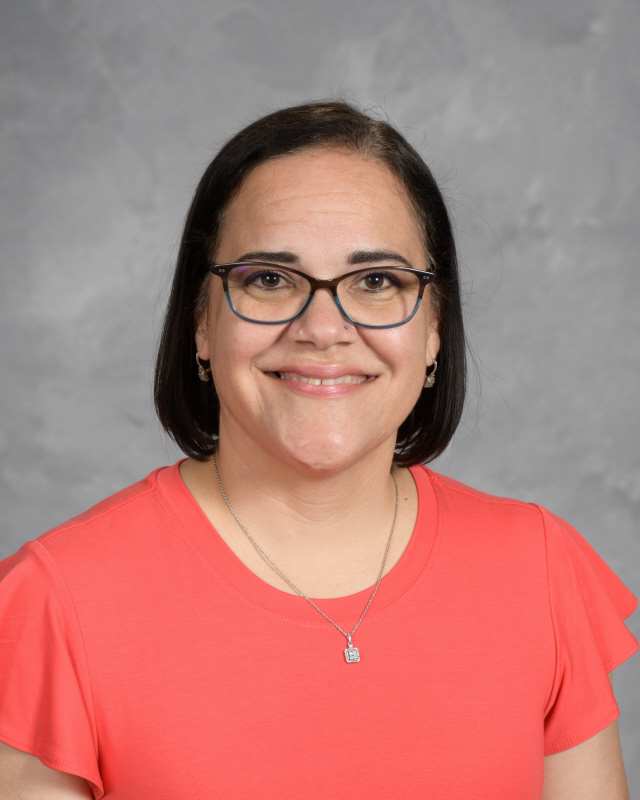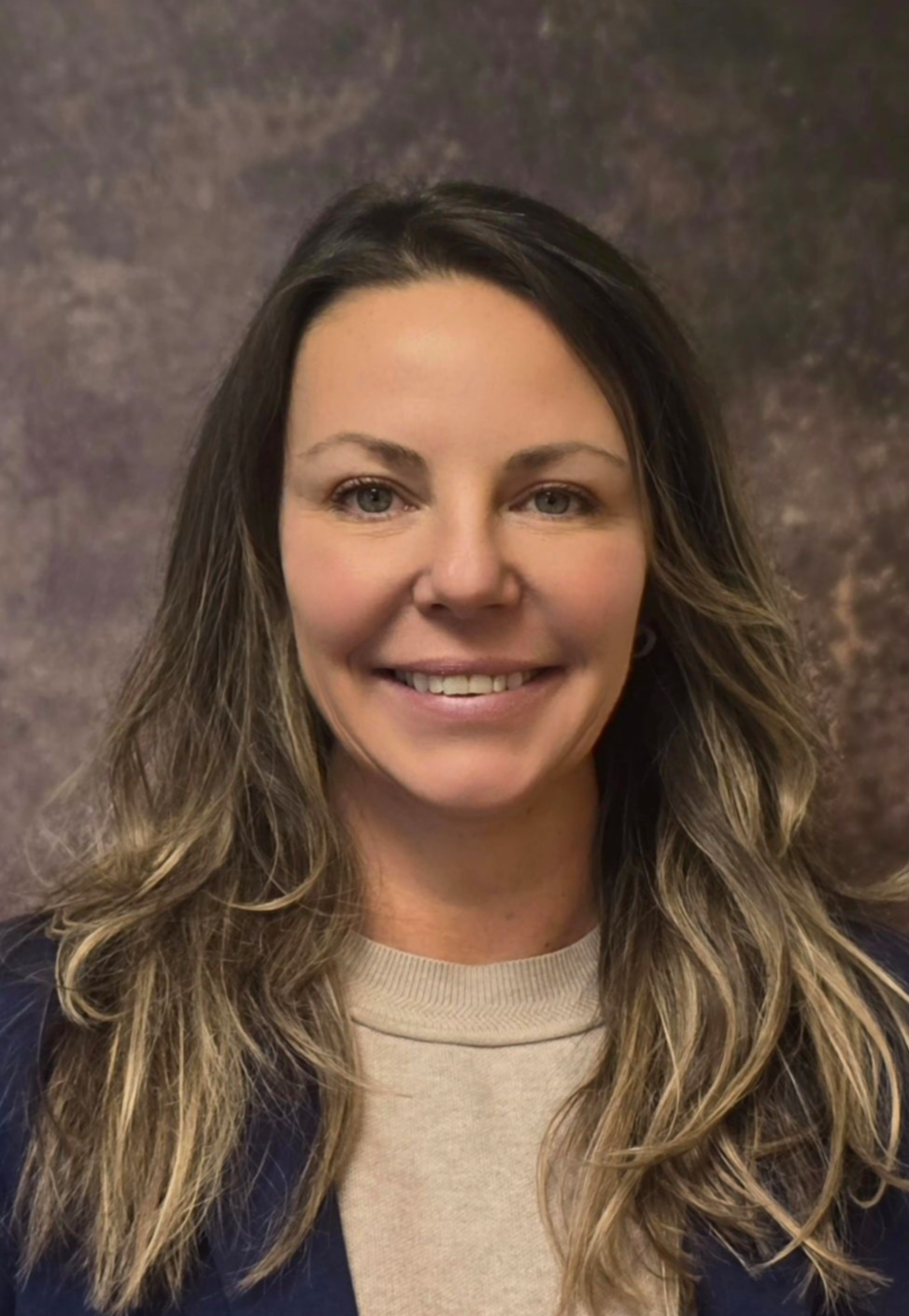CONTACT

Yahaira Waters, Student Support Coordinator
(352) 463-3200 Phone
watersy@mygcsd.org

Dorota Micale
Director of Resource Development & CTE
(352) 463-4408
micaled@mygcsd.org
Jana Kight
Federal Program Specialist
(352) 463-4046
kightj@mygcsd.org
Links
MIGRANT EDUCATION
What is the Migrant Education Program?
The Migrant Education Program grew out of the Title I Program of Public Law 89-10 in 1965 to help all disadvantaged children. The needs of migrant children are many times different from those of other children, in that they require special help and services. For this reason, the Migrant Education Program was established separately by an amendment to Title I in 1966. These services help more than 850,000 eligible migrant children overcome the disadvantages they face, including disruption to their education.
Why Give Special Assistance to Migrant Children?
Most school programs, including those supported by Title I, are set up on a nine-month academic calendar. However, when migrant children move with their families, their education as well as their lives is disrupted, often many times a year. These children can be helped to enjoy school and to overcome their difficulties. Through the Migrant Education Program, they can achieve an education and develop their skills and options for the future.
Who Qualifies For Migrant Education Program Services?
A child between the ages of 3 and 22 who is, or whose parent, or guardian is a migratory agricultural worker, including a migratory dairy worker or a migratory fisherman.
They have moved in the last 36 months across school district lines or from one state to another to obtain temporary or seasonal work in agricultural, fishing or logging work as their principal means of livelihood.
TITLE III LANGUAGE ACQUISITION
The primary focus of our ESOL program is to ensure that every student receives understandable instruction.
The Florida Department of Education website has information regarding a parent hotline that may be used in order to get information regarding your child’s education, including information on testing, placement, instruction and rights of your child. Please click on the link below for information about this hotline for parents.
Línea Telefónica Gratis para Padres - http://www.fldoe.org/aala/omsphl.asp
CELLA Information - Florida uses the Comprehensive English Language Learning Assessment (CELLA) to measure the growth of students classified as English Language Learners (ELLs) in mastering the skills in English they will need to succeed in school.
CELLA is a four-skill language proficiency assessment developed under contract by Educational Testing Service (ETS) that is designed to provide:
Evidence of program accountability in accordance with Title III of No Child Left Behind (NCLB), which calls for schools and districts to meet state accountability objectives for increasing the English-language proficiency of English Language Learners.
Data useful for charting student progress over time and, for the newly arrived students; charting progress over the first year.
Information about the language proficiency levels of individual students that can be used in making decisions regarding placement into, or exit from English for Speakers of Other Languages (ESOL) programs.
Diagnostically useful information about students’ strengths and weaknesses in English (with as much specificity as possible within the limitations of a large-scale standardized test.)
The CELLA tests four areas:
Listening
Speaking
Reading
Writing
These sections are included in each of the four test levels: Level A (Grades K-2), Level B (Grades 3-5), Level C (Grades 6-8) and Level D (Grades 9-12).
Students will take the Listening, Reading, and Writing sections as a group. For the Speaking section, students will have a one-on-one interview with a teacher.
